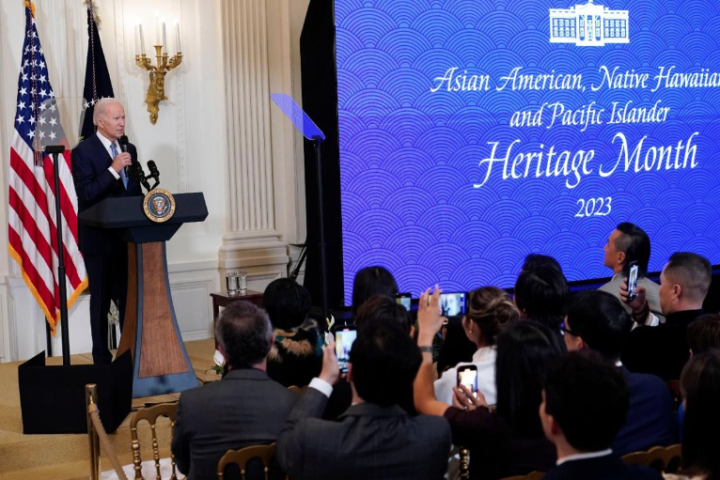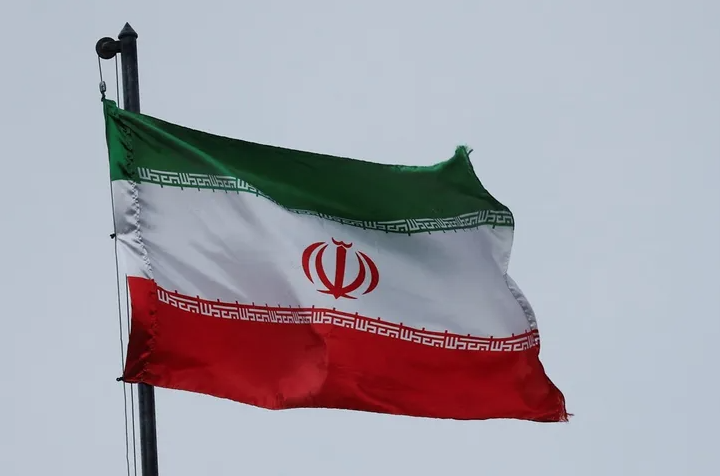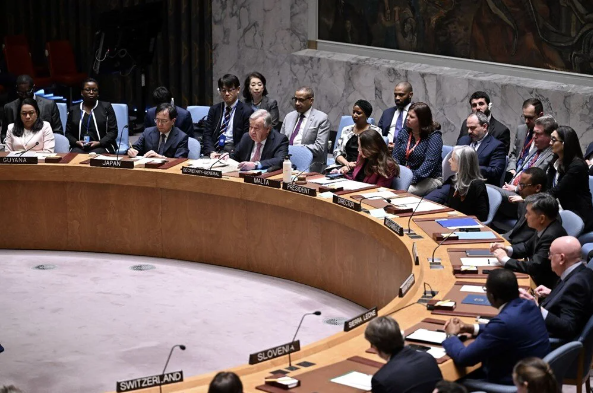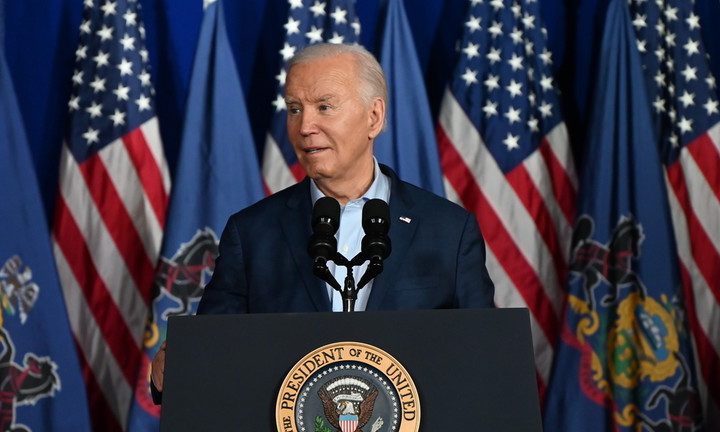Two potentially pivotal trips are now underway: US President Joe Biden’s recent journey to Saudi Arabia and Russian President Vladimir Putin’s pilgrimage to Tehran this week.
To Arab leaders, Biden made the following statement in an apparent acknowledgement of his administration’s past failure to give the Middle East top priority: “We will not walk away to leave a vacuum to be filled by China, Russia, or Iran.”
While acknowledging the need to stop Tehran from “acquiring a nuclear weapon,” a joint US-Saudi statement pledged efforts to thwart Tehran’s meddling in “the internal affairs of other countries, its support for terrorism through its armed proxies, and its efforts to destabilize the security and stability of the region.” A combined US-GCC marine task force in the Red Sea is one of the specific security measures.
- Europe is going through hell: Death toll over a thousand, schools closed!
- The Date Tesla Cars Will Turn Into Gaming Computers Has Been Announced
In a previous joint statement, Biden and Israeli Prime Minister Yair Lapid promised to utilize “all instruments of national strength” to prevent Iran from developing nuclear weapons. This declaration was supported by that one. The only thing worse than the Iran that exists right now is an Iran with nuclear weapons, said Biden, who added that the United States was prepared to use military force against Iran as a “last option.”
Biden attended the leaders’ conference last week in Jeddah, when the six Gulf states, together with Egypt, Jordan, and Iraq, reaffirmed their shared commitment to the “sovereignty, security, and stability” of Lebanon. The strong statements made at that meeting in support of Iraqi democracy and the agreement to connect the energy networks in Saudi Arabia and Iraq are both crucial steps in the process of weaning Iraq off its reliance on Iran. However, there was a conspicuous lack of promises for dealing with the paramilitary forces supported by Iran in these governments.
Obviously, this trip involved much more than just Iran. The paradigm of “oil for security” cannot be applied to this relationship, as Princess Reema bint Bandar, the Saudi ambassador to the US, stated. Because of this, Biden’s emphasis on “how deeply linked America’s interests are with the prosperity of the Middle East,” along with the United States’ focus on collaboration in technology, renewable energy, education, and economic diversification, were appreciated. And this is by no means a one-way connection given the GCC’s trillion-dollar investments in the West and the US.
Many observers lamented the superficial ignorance of most of the Western media’s reporting in the setting of such grave issues; reputable publications mainly ignored the core concerns of international security that were being discussed in favor of fist bumps and picture ops.
While Biden was still in the area, Tehran displayed a new fleet of ships and submarines that can transport armed drones in a traditionally provocative maneuver. Abdolrahim Mousavi, the head of the army, said: “We must improve our defensive capabilities day by day since we are aware of the aggressive attitude in the US system of dominance.” He also promised a “regrettable response” if “our adversaries make a mistake.”
Why are the ayatollahs so eager to demonstrate their expanding drone capabilities now? Putin is traveling to Tehran to make an investment in Iranian drones because inexpensive Turkish drones turned out to be an unexpectedly effective weapon for the Ukrainians. Russian diplomats have previously secretly visited Iran to inspect its military weapons. Russian “weaknesses” in the battlefield may be made up for by Iranian armaments, according to the mild media channels of the Revolutionary Guards. Unconventional American anti-drone and missile weapons can eliminate such threats, frequently before they ever take flight, according to a US military official in the Gulf, who I spoke to. Iran now ranks among the top 15 military-spending nations in the world with a 2022 defense budget of $26 billion.
However, a Tehran-Moscow axis that is advantageous to both parties should raise red flags. It would be a financial boon for Tehran, which has long wanted to sell its home-produced weapons to warlords and terrorists throughout Africa, Asia, and Latin America, as well as provide Russia access to affordable guns. Militias in Yemen, Iraq, Lebanon, and Syria have received thousands of more advanced Iranian missiles. If Iran is allowed to become the pariah nations’ and rebels’ preferred armor supplier, the world’s security will decrease.
Rogue states that band together run the risk of forming a bloc, or a “axis of evil,” and it becomes challenging to apply meaningful pressure to them because they trade with one another, take advantage of one another’s parallel financial systems, arm one another, and cooperate to flout international law.
Biden’s approaches to countries like Russia, Iran, North Korea, and China cannot be executed separately in order to avoid making sanctions and anti-proliferation measures ineffective. Focusing just on Europe and NATO won’t make the globe safer; instead, it will give other pariahs more confidence to exercise their muscles.
It has never been more crucial for Arab governments to exert their vital duties in Syria, Lebanon, and Iraq if there is to be a limitation of Iranian intervention, which has only helped to keep these countries in a constant state of unrest. Biden praised Saudi efforts toward a truce in Yemen. Arab nations must show they have the ability and vision to play this important diplomatic role.
We shouldn’t rush to congratulate Biden on his trip and the Arab meeting. America is really back, but now the hard work begins. Arab governments must be forceful in keeping the US to its obligations since it is no secret that the president was hesitant to undertake this trip in the first place.
A big regionalized battle is all but unavoidable in this region due to years of Iranian expansionism. Biden’s visit demonstrates that the Arab region has so far been successful in recapturing American interest. Leaders now need to exert every effort to preserve this emphasis on resolving these persistent, long-term risks to regional stability.





